PON Dorina
Former Field-Work Coordinator
Ms Pon Dorina joined CDRI as a research assistant in 1996. She has been the fieldwork coordinator for CDRI since 2012. She has rich experience in supervising fieldwork (both quantitative and qualitative), moderating focus group discussions and taking notes, processing data and generating simple tables from primary household survey data. Currently she is assisting the GMS-Net program. Previously she worked as a government official at the Ministry of Women’s Affairs.
Email : dorina@cdri.org.kh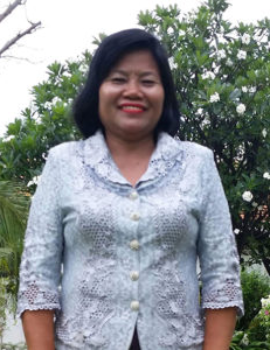
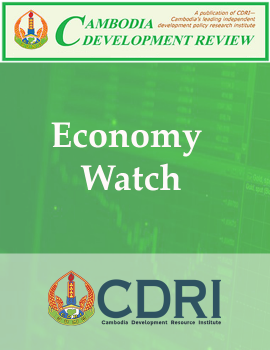

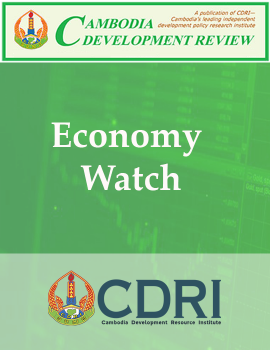
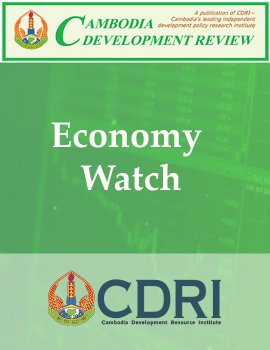
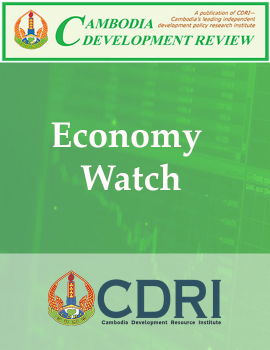
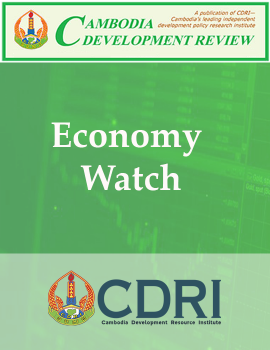
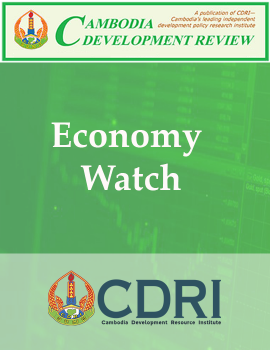
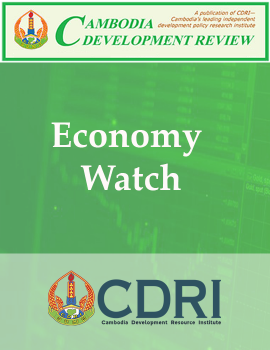
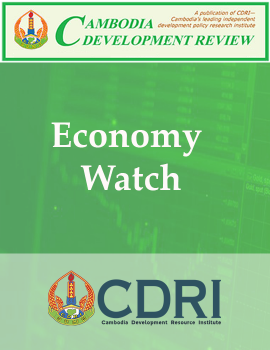
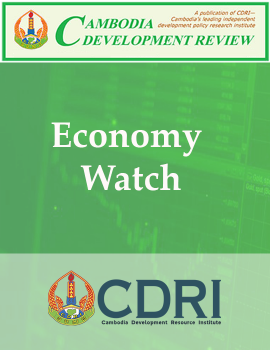

CDRI has been conducting the Moving out of Poverty (MOP) survey since 1996/1997 in 3 village household samples and this sample have been extended 11 villages across 7 provinces by 2020. CDRI surveys the same 1000 households every three years to track the poverty dynamics across the five main regions of Cambodia. This rare longitudinal dataset i...
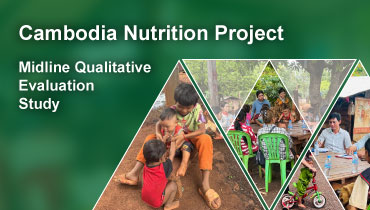
The Cambodia Nutrition Project (CNP) is a seven-year, US$62.5 million project to anchor the RGC’s enhanced and coordinated response to accelerate the human capital formation focusing on maternal and child health and nutrition (MCHN) in the early years. The CNP addresses Cambodia’s persistent high levels of stunting and aims to close equity gap...
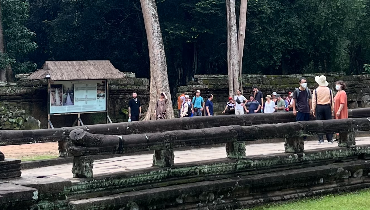
Digital technologies have evolved at breakneck speed and spread, changing not only the digital ecosystem but also the way economy, trade and business are functioning. Massive digital transformation and its associated broad benefits for development have prompted most countries to embrace digital technology and incorporate it into their economic deve...
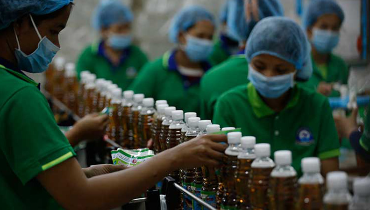
Small-and medium-size enterprises (SMEs) are regarded as backbone of Cambodia’s economic growth (IFC 2010; Shariff et al. 2010). The number of formally registered SMEs is about 43,258 establishments, based on 2021 annual report by Ministry of Industry, Science, Technology, and Innovation (MISTI 2022), and the enterprises absorb around 435,849 emplo...
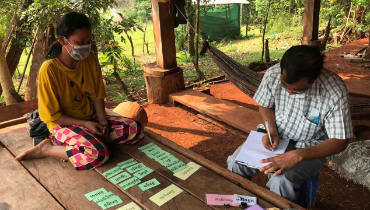
To improve undernutrition challenge, a five-year The Cambodia Nutrition Project (CNP) was formulated with The MOH and the National Committee for Sub-national Democratic Development (NCDDS) of the Ministry of Interior are the implementing agencies. The project brings together global evidence on effective interventions with Cambodia’s priorities to d...
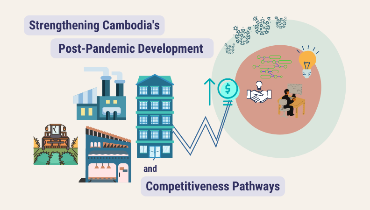
Over the last 20 years, the Kingdom of Cambodia has made remarkable progress in creating an enabling environment for business and investment, making the country favourable for foreign direct investment (FDI) in the region and creating commercial and export opportunities for local businesses. With this favourable business environment, Cambodia achie...

A collaboration with a team of researchers from the University of Ludwig-Maximilians (LMU), Munich to conduct an experimental survey to investigate the impact of persistent memories of violence and the impact of salient memories. The survey is to be conducted in 50 communes in provinces around the Tonle Sap, interviewing 1,500 randomly selected hou...
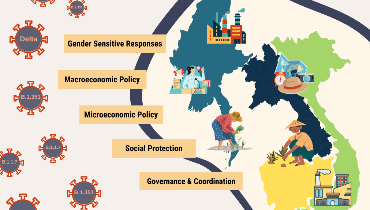
In close coordination with local governments and organizations, the project will identify gender-sensitive policies and good practices from the macro to micro level that will support the recovery process and improve resilience among vulnerable women workers and micro, small, and medium enterprises. It will facilitate policy dialogue and coordin...

The recent coronavirus pandemic has triggered economic crises in both developing and developed countries. In the case of Cambodia, the number of infections is low relative to other neighbouring ASEAN countries, such as Thailand, Philippines, and Indonesia. However, several sectors have been seriously affected by the non-pharmaceutical measures and...

Under the Capacity Building Research and Development Fund of the Ministry of Posts and Telecommunications, United Nation Development Programme, Cambodia and the Russian Federation, the Cambodia Development Resource Institute in collaboration with the Cambodia Academy of Digital Technology (formerly known as the National Institute of Posts, Telecoms...
